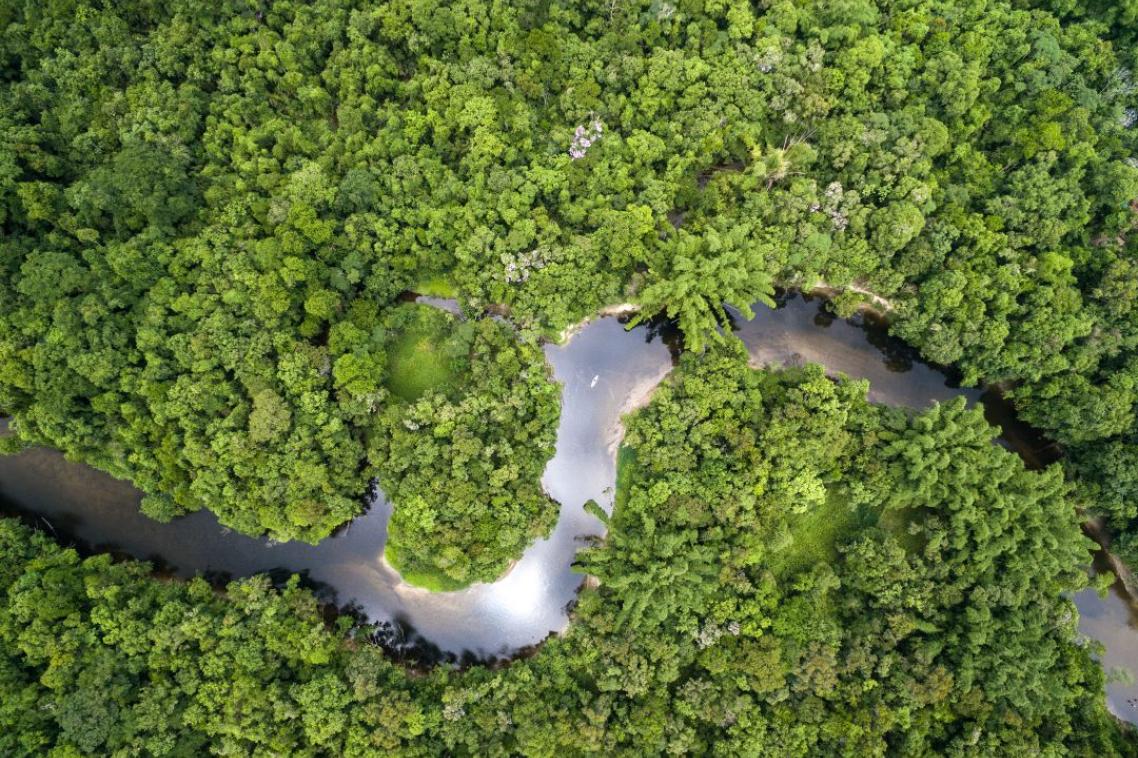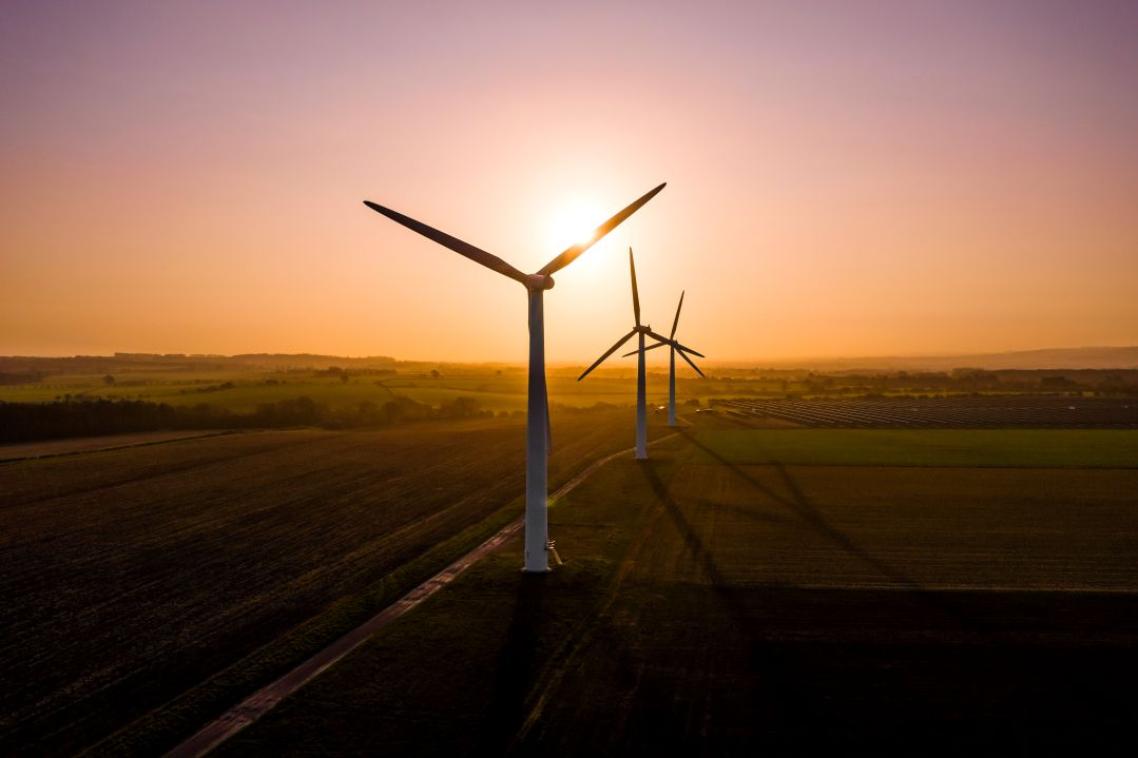Anyone can be a hacker with AI – so what does that mean for the cyber defence industry?

(Photo credit: Monkey Business/Adobe Stock. )
They looked and spoke like his co-workers and after the call, the man (following instructions he’d been given in the meeting) transferred more than US$25 million to an outside party.
It soon emerged the man had been scammed. His colleagues had been AI-generated deepfakes and the millions of dollars had gone straight into the hands of fraudsters.
Artificial intelligence is both facilitating and fighting cyber-crime – turning unskilled people into cyber-criminals and con artists while simultaneously performing large-scale threat analysis for security-conscious companies.
But despite AI superseding many jobs in the tech industry, real humans engaging in cyber defence is as important as ever.
A recent study with experts in the field of cyber defence, conducted by University of Queensland researchers, asked what worker skills will be critical in the next 5-10 years as artificial intelligence continues to take over.
The experts said there will be a need for so-called human ‘soft skills’ – critical thinking, communication, and a commitment to continuous learning.
These human skills will remain important in the face of unprecedented AI-generated cyber-attacks – problem solving and imagination will be needed to fight mass computer-generated threats.
“They’ve automated it – the attacks are automated. These attackers can spin up hundreds, thousands of domains with minimal effort, all automated, and we’re still kind of manually going through,” one industry leader said.
And worse – AI is facilitating the tasks required to penetrate an organisation or company’s cyber security defences.
AI can help attackers write a malicious script and support with reconnaissance – the phase before an attack where adversaries determine an organisation’s vulnerabilities before striking.
In short: anyone can be a hacker. Anyone can be a cyber-criminal.
There is now more pressure on companies to protect data from relentless cyber-attacks, meaning cyber defence teams must also adapt, learn and find solutions.
AI helps – some of the more mundane tasks of cyber defence roles (like sifting through thousands of logs) can be automated, leaving critical-thinking humans to focus on more value-added tasks.
But it’s not a faultless solution – false positives can occur and are an issue teams must deal with.
Companies are also requiring shorter and shorter reporting times from cyber defence teams when threats are detected, due to pressure from governments.
Consumers have also become progressively more aware of their rights and demand enhanced protection of their data.
“Most Australians have been impacted in some way by either Optus or Medibank or Latitude or one or more of these breaches,” one industry leader said.
“That has obviously prompted the changes in legislation, but it's also made everyone more aware of it. I think probably shareholders are asking more questions of the companies.”
Cyber defence teams must also be across ever prevalent deepfake videos and as AI learns more, they will become more difficult to detect.
The coming years will see emerging challenges in the cyber defence realm.
Increasing attacks, data privacy risks and high demands on cyber defence specialists are only the ones we can currently predict.
Critical thinking, problem-solving and curiosity will remain the key to manning the battlefield.
Dr Ivano Bongiovanni is an expert in Cybersecurity Management.
The research is published in Information and Computer Security.
Related articles

Brazil claims to be an environmental leader. Are they?

COP30 climate summit: UQ experts
Media contact
UQ Communications
communications@uq.edu.au
+61 429 056 139
